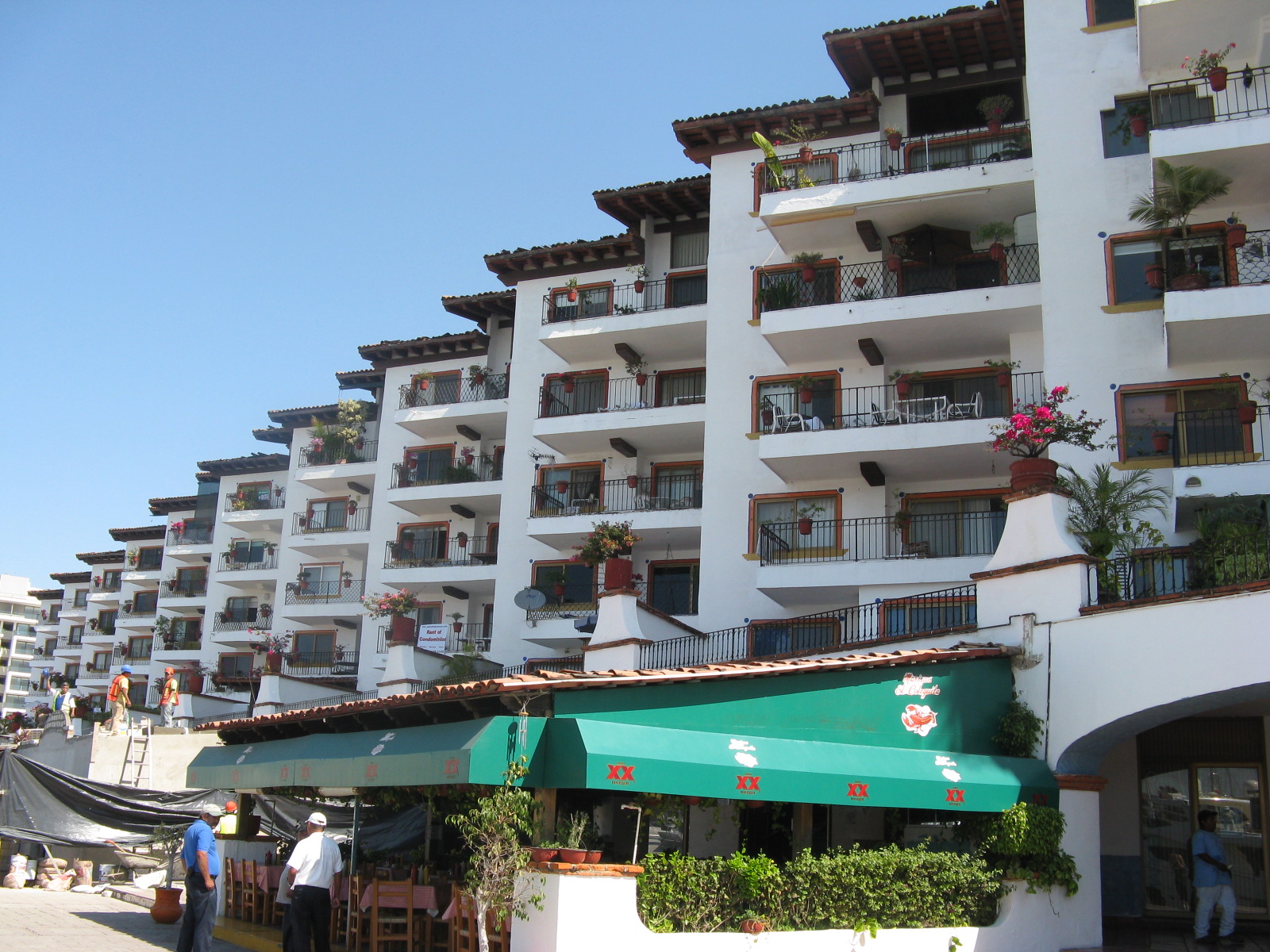Air Canada plan to reduce flight attendants on planes likely to fly despite union opposition
Air Canada has found itself at odds with its flight attendants’ union over the number of crew members it wants to have aboard some of its flights.
Olivia Chow, the federal NDP transport critic, lent her support Tuesday to the Air Canada Component of CUPE, which represents the airline’s flight attendants, arguing a reduction in flight attendants would compromise safety aboard its flights.
“Flight attendants are critical,� Ms. Chow said in an interview. “They are our lifelines.�
The dispute brings to the forefront an issue that has been presented to successive governments in Ottawa as the airline industry takes steps to again have Transport Canada align its requirements with international standards for how many flight attendants are required per passenger on board their flights.
The Canadian Aviation Regulations require one flight attendant per 40 passengers, while the international standard, including in the U.S. and Europe, is one per 50 passenger seats.
Air Canada filed an application for an exemption last month to move to one flight attendant per 50 passenger seats on its narrow-body fleet shortly after rival WestJet Airlines Ltd. was granted one for its own aircraft.
Related
Calin Rovinescu, Air Canada chief executive, said at an investor day in Toronto this week the airline was also exploring the possibility of doing the same for its wide-body aircraft. He said the exemption for the narrow-body fleet alone would save Air Canada roughly $30-million a year, roughly the same as what WestJet is aiming for.
Bill Clark, a Toronto-based aviation lawyer, fought on behalf of WestJet for the regulatory changes in the early 2000s. But he said successive governments, who also wrapped themselves in the same safety argument, stonewalled him. He said he couldn’t remember a more frustrating file.
Mr. Clark said his understanding was that the Canadian standard was originally implemented because of the range restrictions on early transatlantic commercial flights that would prevent them from flying further than Montreal without refueling. The one-per-40-passenger ratio allowed Trans Canada Airlines, now Air Canada, to drop passengers and crew in Montreal and carry on to other destinations with only the amount of crew needed for the passengers carrying on to the next destination.
“It was by passenger then,� Mr. Clark said. “If the aircraft flew on to Toronto, they could not only unload half the passengers but also half the crew.�
But he said the international standard has since moved to one flight attendant per 50-passenger seats — not passengers alone.
He said only politics and the unions have prevented Canada from following suit.
But Ms. Chow said she was concerned a reduction in the number of flight attendants would compromise safety.
She pointed to the successful evacuation of an Air France flight that overshot the runway at Toronto’s Pearson International Airport in 2005. Ten flight attendants safely evacuated 300 passengers in that crash, and she said that pointed to the efficacy of the Canadian standards.
Ms. Chow’s comments echo the concerns of the Air Canada Component of CUPE. Michel Cournoyer, the component’s president, said the smaller A320s in Air Canada’s fleet would not even have enough flight attendants on board for each door under the international standards with only 144 seats on those planes.
“One exit would be left uncovered in an emergency situation,� he said.
There is, however, no proof the international standards are unsafe.
Kelly James, Transport Canada spokeswoman, said the safety of the travelling public remains the top priority for the federal government. But she added Transport Canada is in the midst of regulatory changes that would allow Canadian carriers to meet the international standard without seeking an exemption.
“Airlines based in the United States, Europe and in other international jurisdictions that operate with one flight attendant for every 50 passenger seats are already operating to and from Canada on this basis,� Ms. James said.
“Passenger safety will not be compromised,� she added.
Article source: http://www.canada.com/Canada+plan+reduce+flight+attendants+planes+likely+despite+union+opposition/8510532/story.html



















